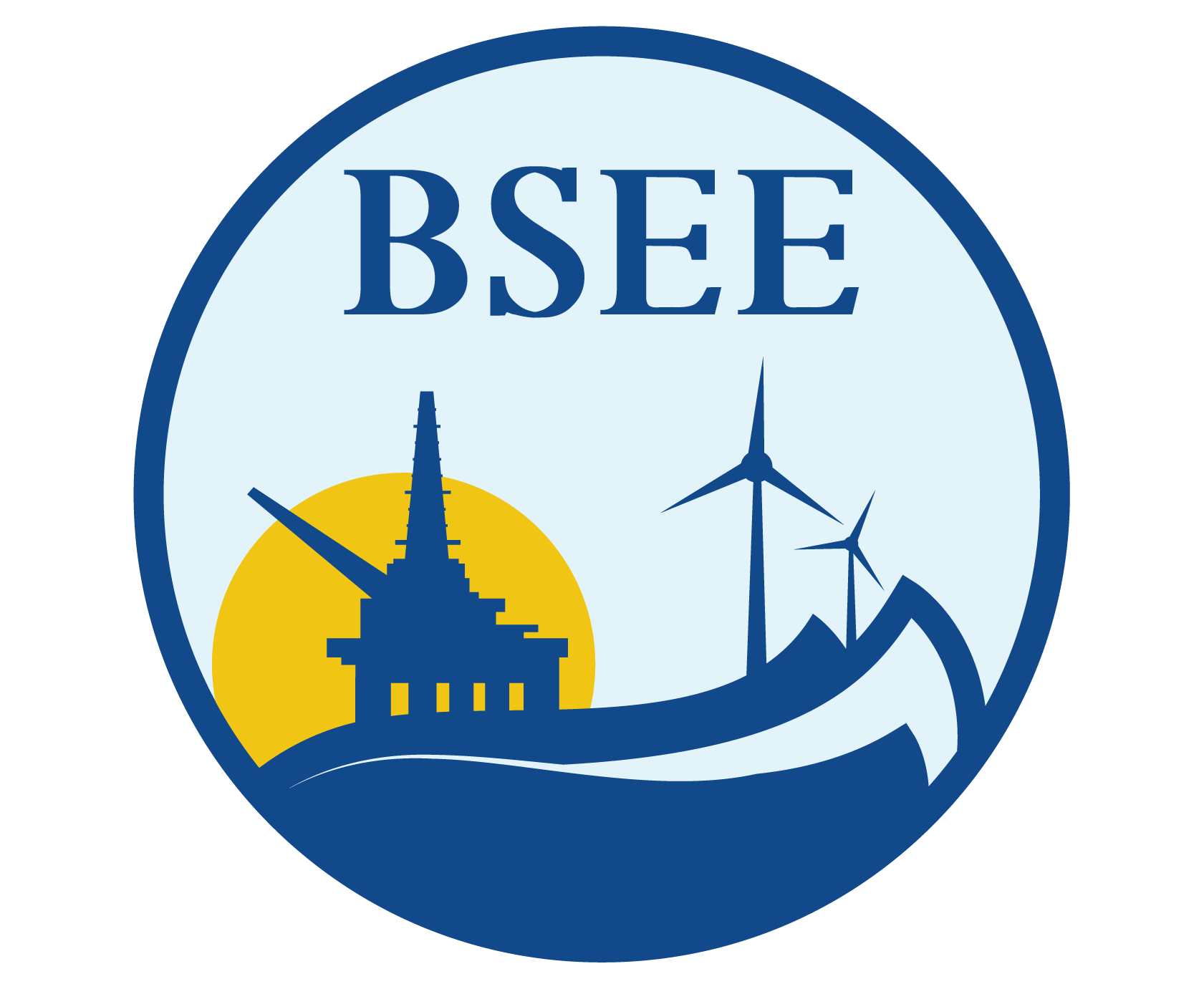You are viewing ARCHIVED content published online before Jan. 20, 2025. Please note that this content is NOT UPDATED,
and links may not work. Additionally, any previously issued diversity, equity, inclusion or gender-related guidance on
this webpage should be considered rescinded. For current information, visit
News Items | Bureau of Safety and Environmental Enforcement.
Ocean Energy Safety Institute will include participation from
Texas A&M University, University of Texas and University of Houston
College Station, Texas- The Bureau of Safety and Environmental Enforcement (BSEE) announced today that the Texas A&M Engineering Experiment Station’s (TEES) Mary Kay O’Connor Process Safety Center has been selected to manage the Ocean Energy Safety Institute (Institute). The five-year agreement, with $5 million in total funding from BSEE, will provide a forum for dialogue, shared learning and cooperative research among academia, government, industry and other non-government organizations in offshore-related technologies and activities that help ensure environmentally safe and responsible offshore operations. TEES is partnering with Texas A&M University, University of Texas and University of Houston to manage the institute.
'I look forward to working closely with our partners at the Institute on finding ways to improve safety offshore,' said BSEE Director Brian Salerno. 'The Institute will develop a program of research, technical assistance, and education that serves as a center of expertise in offshore oil and gas exploration, development, and production technology, including frontier areas, such as high temperature/high pressure reservoirs, deepwater, and Arctic exploration and development.'
'The three partner universities represent a unique combination of capabilities and resources needed to address the needs for the Institute,' said Dr. M. Sam Mannan, TEES Chemical Engineering Professor and PI for the project. 'We applaud BSEE for supporting this major undertaking of national importance that will impact ocean energy safety for the nation and world for years to come.'
Earlier today, BSEE Director Brian Salerno toured the facilities on the Texas A&M campus in College Station and spoke with university professors, TEES researchers, and officials from the University of Houston and University of Texas about how the Institute will be managed. The facilities visited by Director Salerno included the Offshore Technology Research Center, which is capable of large scale simulations of the effects of wind, waves, and currents on fixed, floating and moored floating structures.
The Institute stems from a recommendation from the Ocean Energy Safety Advisory Committee, a federal advisory group comprised of representatives from industry, federal government agencies, non-governmental organizations and the academic community. The Institute will be an important source of unbiased, independent information and will not have any regulatory authority over the offshore industry. It will be a collaborative venture that will also include involvement on science and technology issues from the Bureau of Ocean Energy Management.
The Institute will provide recommendations and technical assistance to BSEE related to emerging technologies and the best available and safest technologies. In addition, it will develop and maintain an equipment failure monitoring system and train Federal employees to enable them to remain current on state-of-the-art technology. The Institute will also promote collaboration among Federal agencies, industry, standards organizations, academia, and the National Academy of Sciences. Information on issues related to offshore research and best practices will be shared with industry, government, and the public through Institute held forums.
For additional information about OESI, see BSEE Fact Sheets: OESI
--BSEE--
